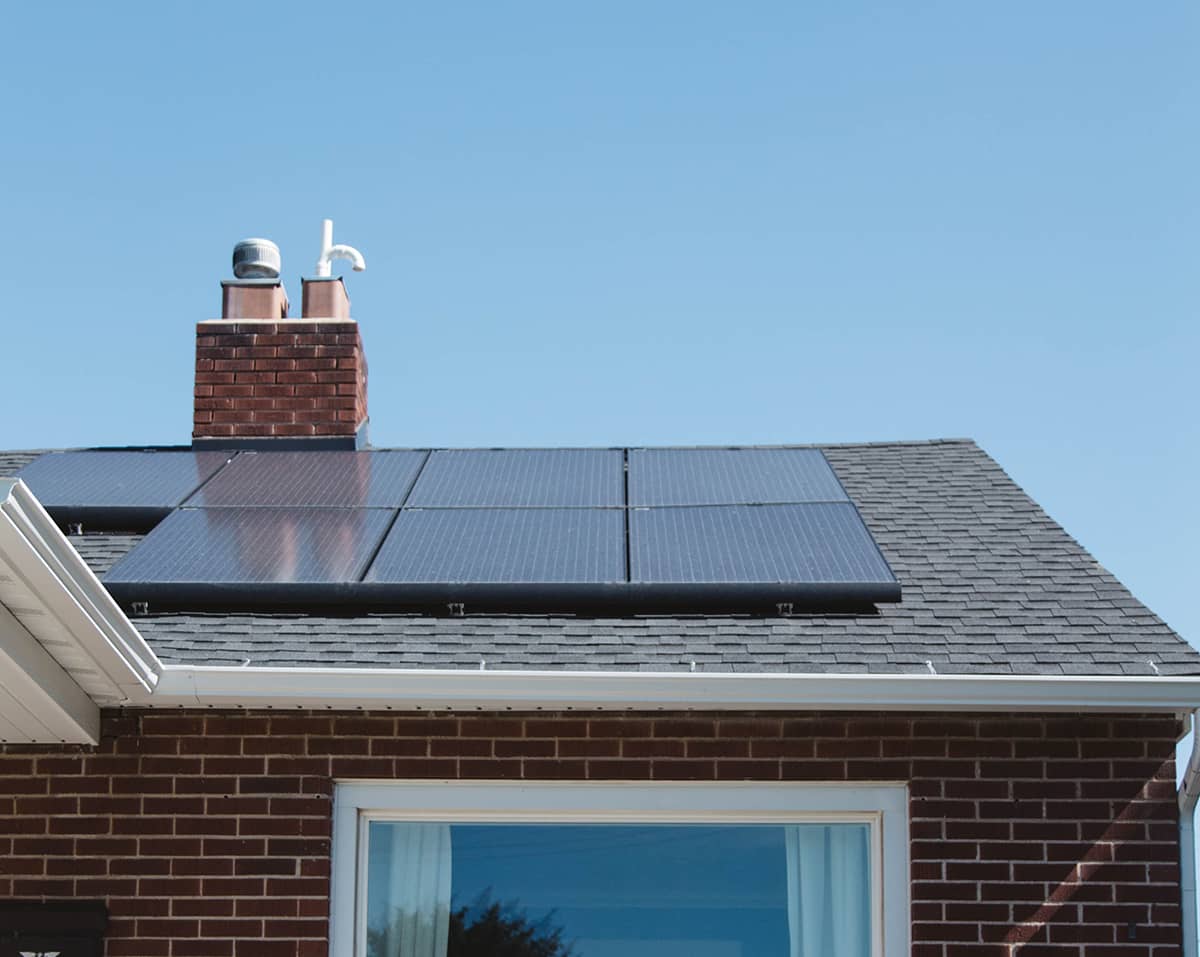Solar panels provide renewable energy for your home, which helps the environment and reduces your electricity bill. But not all panels are alike. The material a panel is made of, what solar inverter it uses, and how it mounts to your roof determines what environments it works best in. Before you buy solar panels for your home, research the different factors and decide which option is right for you.
Evaluating Solar Panels
You can evaluate solar panels on a few main parameters: production, durability and manufacturer quality.
The amount of electricity a given solar panel can produce will produce is dependent on several factors, including the power rating, power tolerance, efficiency and temperature coefficient. Taken together, these factors will tell you how much power your panel will be able to produce.
The 3 main types of solar panels are; monocrystalline, polycrystalline and thin film. Monocrystalline is the most sought after panels, while polycrystalline is following closely behind. With around 1% difference, monocrystalline is fractionally more efficient, and expected to last a year or two longer. Thin film panels are the least efficient, won’t last as long and are generally the cheapest.
According to a recent report by Solar Energy Industries Association (SEIA), the U.S. installed 2.1 GW of solar capacity in Q2. (source)
Do research on solar panel manufacturers. The solar panel industry has grown a lot in the past few years. Currently, there are already many good and reliable solar panel manufacturers out there. However, there have also been many manufacturers that instead offer cheap and low-quality solar panels, many of which are from China. Although it is also important to note that many of the top solar panel manufacturers are also from China. This means that we should not judge a solar panel’s quality based just on the country of origin.

Look at Bloomberg’s Tier 1 Solar Panel list. Each year, Bloomberg New Energy Finance publishes a tier 1 list of solar panel manufacturers as a way to guide investors on which solar panel manufacturers are good to invest in terms of solar projects. Although this list is not a direct indication of quality, we can still use this to separate the good quality solar panels from the low-quality ones.
There are two main components to a grid-connected solar energy system: the solar panels themselves, which create electricity from sunlight, and the inverter, which converts the electricity into a form you can use in your home. Some also include a monitoring system, which allows you to see how much power you’re creating and using. And while solar batteries haven’t yet hit the mainstream, the announcement of Tesla’s Powerwall battery and other technologies are making it possible for homeowners to consider incorporating a battery into their system.
Solar Panel Electrical Production
The amount of electricity a given solar panel can produce will produce is dependent on several factors, including the power rating, power tolerance, efficiency and temperature coefficient. Taken together, these factors will tell you how much power your panel will be able to produce.
You’ll also want to look at indicators of panel manufacturer quality. Start with the warrantees and assurances that the manufacturer offers on their equipment. Like all things, solar panels degrade and become less efficient over time. Many manufacturers will guarantee that the power production of their panels doesn’t fall below a certain threshold over twenty-five years. In addition, many panel manufacturers have a materials warranty in case the panels simply fail.
